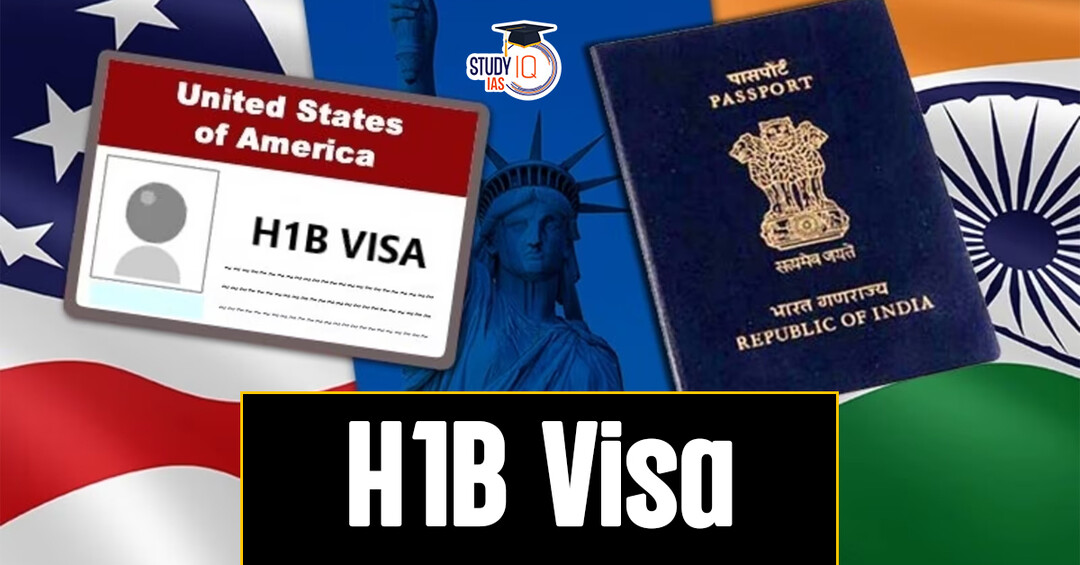
WASHINGTON D.C. — The U.S. government has enacted a dramatic increase in the application fees for the H-1B specialty occupation visa, a move that has sent shockwaves through the international student community and major tech companies. The fee has been raised by 100-fold, from $1,000 to $100,000, with the new policy taking effect immediately. The announcement, signed into proclamation by President Donald Trump, is being seen as a victory for the "MAGA" (Make America Great Again) faction, which has long argued that the H-1B visa program displaces American workers.
Political Crossroads: MAGA vs. Silicon Valley
The fee hike represents a significant pivot from the Trump administration's previous stance, which had been more aligned with Silicon Valley's interests. Last December, Trump had expressed support for the H-1B program, calling it "a great program" and stating that he "always supported it." However, this new proclamation appears to align with the more isolationist views of his hardline supporters, including figures like former White House Chief Strategist Steve Bannon, who have advocated for the program's abolition.
The H-1B visa is crucial for many U.S. tech companies, including giants like Microsoft and Amazon, who rely on it to hire top talent in STEM fields. These companies, along with prominent tech figures like Tesla CEO Elon Musk, have historically supported the H-1B program. The new fee, according to U.S. Secretary of Commerce Howard Lutnick, is intended to force companies to "determine if a foreign employee is worth paying the government $100,000." This sentiment reflects the administration's new, more stringent "America First" approach to immigration.
Following the announcement, major companies like JPMorgan and Microsoft reportedly urged their H-1B visa-holding employees who were abroad to return to the U.S. before the new policy went into effect.
Confusion and Clarification
The initial announcement caused widespread confusion, but the White House later issued a clarification. The new $100,000 fee is a one-time charge that applies only to new visa applicants, not to existing visa holders or those applying for renewals. This clarification was a small relief to many, but the initial mixed messages have already created uncertainty.
Impact on International Students
For international students in the U.S., the policy change is a major setback. Many students on an F-1 visa plan to transition to an H-1B visa after completing their studies, often through the Optional Practical Training (OPT) program. The substantial increase in the cost of sponsorship will likely disincentivize U.S. companies from hiring foreign graduates, making it even more challenging for them to find employment. A parent of a prospective student noted the dilemma: "If my child has to come back to Korea after graduating from a U.S. university, I have to question whether paying four times the tuition is worth it."
The new fee structure is expected to particularly affect those who are not yet in the H-1B lottery system. Given that some U.S. companies already have a "no visa sponsorship" policy, this new financial barrier will likely narrow the job market for foreign students even further.
Opportunities for Other Nations
While the policy is a blow to international students and U.S. tech companies, it could be a boon for other nations, including South Korea. Countries and research institutions worldwide may now have a golden opportunity to attract highly skilled professionals who might otherwise have sought employment in the U.S. According to U.S. immigration data, India (over 230,000), China (over 46,000), and South Korea (around 3,900) were the top recipients of H-1B visas last year. This new policy could potentially lead to a reverse brain drain, with these talented individuals seeking opportunities back in their home countries or elsewhere.
[Copyright (c) Global Economic Times. All Rights Reserved.]






























